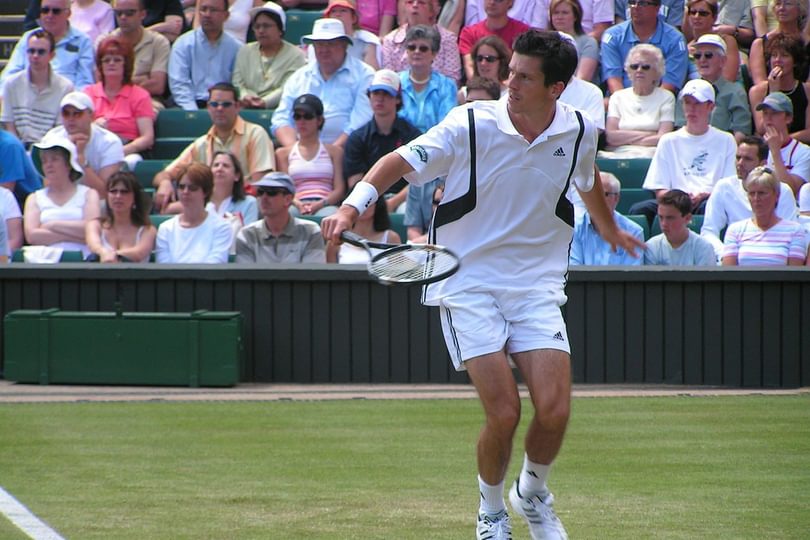
Standard lore has it that scientific results are supposed to be published in academic journals before they are even worth discussing. These publications use a "peer-review" system to determine the validity of a paper. If it's not valid in the eyes of the relevant expert community, it won't be published. It's supposed to be a way we can tell good science from bad: with the community as our judge.
That makes some sense but the ideal isn't quite a reality (at least not in my field, theoretical physics and astronomy). We are not really trusting the community; we are trusting one or two selected members of the community known as "the referees". We are trusting the editor of the journal to select referees who are competent and free from competing interests. And we are supposed to put our trust in the process despite the referees being completely anonymous - neither the author nor the reader knows who's involved.
Even if a referee believes the paper is worthy of publication, he or she can demand the author make changes. The author must respond by revising the paper to the referee's satisfaction. The paper bounces back and forth in a slow-motion game of tennis.
Read more: http://www.newscientist.com/blogs/bigwideworld/2012/06/time-to-review-peer-review.html
This blog first appeared in New Scientist, June 2012
Photo by David Wilmot via Wikimedia Commons
This opinion piece reflects the views of the author, and does not necessarily reflect the position of the Oxford Martin School or the University of Oxford. Any errors or omissions are those of the author.
